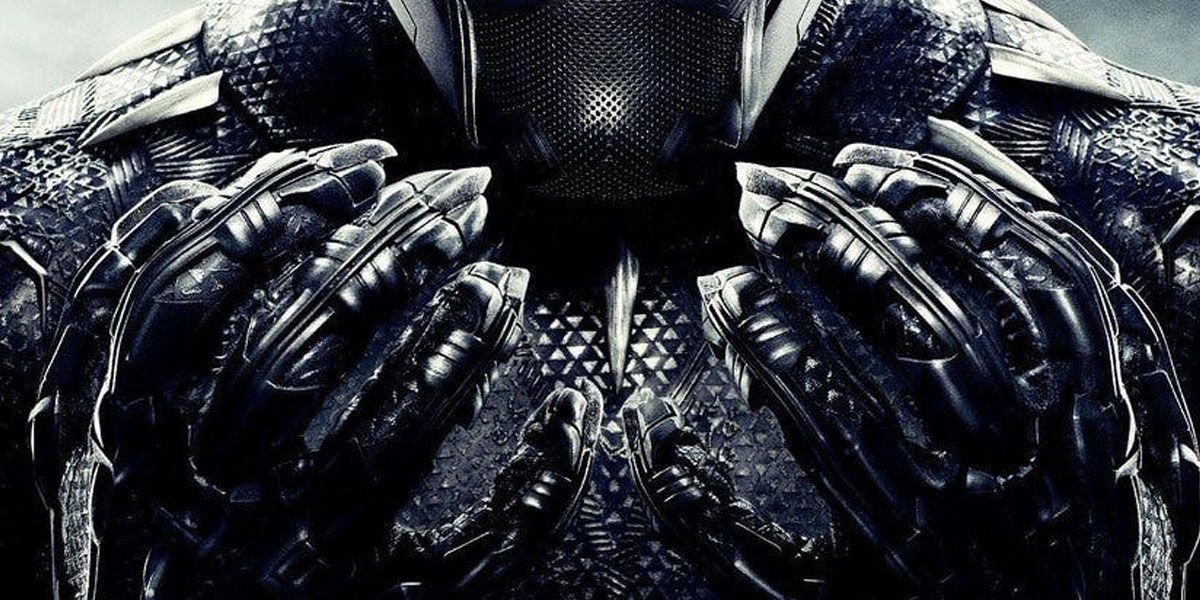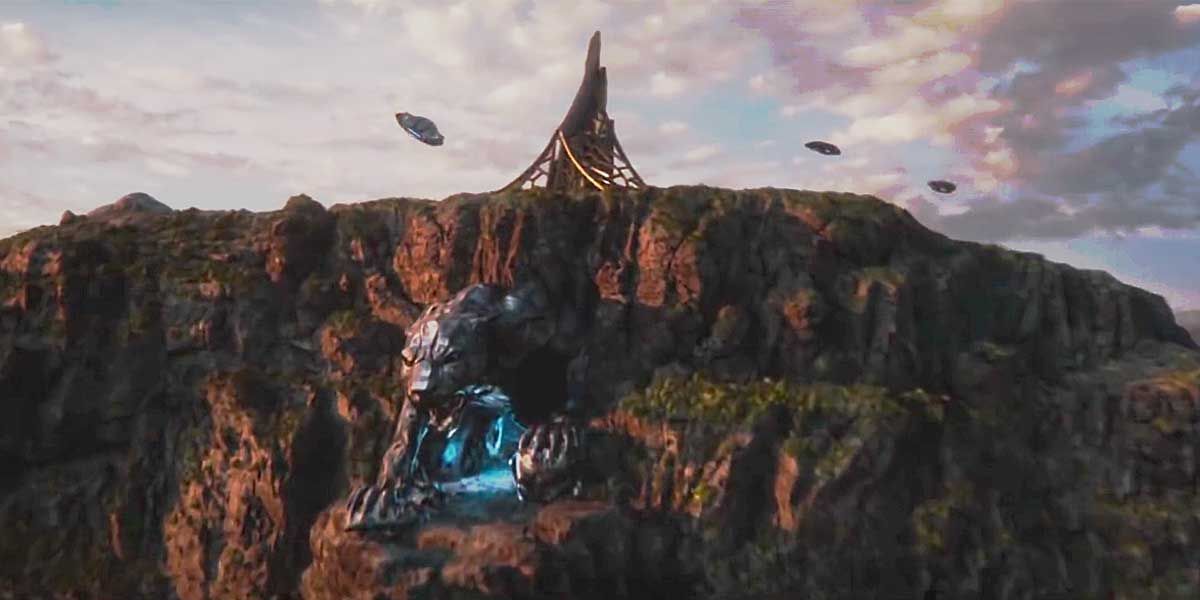WARNING: The following article contains spoilers for Marvel's Black Panther, in theaters now.
Black Panther is poised to change the game for superhero movies in more ways than one. Not only has the film made major strides in representation within the overwhelmingly white Marvel Cinematic Universe, it has planted its futuristic flag at its very heart. With Wakanda now established as a major player in the world, there is bound to be some consequence, not only with the global reveal that the isolated African country is not poor but also by trumpeting its advanced technology and supply of Vibranium.
By the end of the movie, the cat (if you'll pardon the pun) is most definitely out of the bag. But that doesn't mean everything is going to be sunshine and Vibranium roses from here on out.
RELATED: Vibranium vs. Adamantium — Which Is Stronger?
One of the major thematic elements in Black Panther, beyond the high-flying action, is the ethical responsibility of a country like Wakanda in sharing its resources. The concern is that, if Vibranium and Wakandan technology winds up falling into the wrong hands -- or, perhaps even the right hands for the wrong reasons -- the results could be apocalyptic in scale. It's not just because Wakandan weapons are so powerful, or that Vibranium is so bleeding-edge it could be used to do virtually anything, but because the metal represents a limited resource that would powers may potentially seek to regulate outside of Wakanda's control.
Essentially, Vibranium going public might trigger a global arms race, with Wakanda caught in the crossfire.
However, it could also, quite literally, save the world. The globalized usage of Vibranium could provide any number of critical humanitarian advancements on a massive scale, build up planetary defenses, and unify efforts in science, medicine and technology.
It's the juxtaposition between risk and reward that makes the landscape of a post-Black Panther MCU so interesting. Now that T'Challa has gone public with Wakanda's riches, there is virtually no limit for what can conceivably be developed across any of the upcoming Marvel films -- and not just for the super-rich or technologically gifted like Tony Stark or Hank Pym.
We've seen movies like Spider-Man: Homecoming begin to dip their toes into the idea of the general gaining access to superheroic tech with Vulture's repurposing of Chitauri weapons. Now that Wakanda will establish outreach centers internationally, the public will also start to have access to, if not Vibranium itself, then at least the inspiration of knowing it exists and what it can do.
Page 2: [valnet-url-page page=2 paginated=0 text='Black%20Panther%20Ratchets%20Up%20the%20Stakes%20in%20the%20MCU']
Potentially, that means a significant raising of stakes for the heroes of the MCU. The days when major threats only come from outer space or from deep within secret government labs are likely about to be thrown out the window as villains in the vein of the eccentric Ulysses Klaue begin to have more of a presence. That's not to say the MCU hasn't had its fair share of eccentric, technologically powered bad guys, but the size and scale of those threats is going to have to be reevaluated in a major way moving forward -- at least, in theory.
RELATED: What Do Black Panther’s End-Credits Mean to the MCU?
Vibranium is one of the most versatile substances in the Marvel universe, with applications that range from technological to medicinal, with very few built-in or narrative limitations. Obviously, the MCU doesn't have to follow the comics universe playbook shot-for-shot here, but the filmmakers certainly can begin to experiment with what comes next -- or, at the very least, what sort of shorthand can be used to justify different story elements in a way that actually fleshes out the fictional world.
Will the combination of Vibranium and the Chitauri weapons fallout finally be the thing that knocks the MCU villains out of their one-and-done rut? Will Wakandan tech be a critical part of facing down Thanos in Infinity War? Will Klaue's original Vibranium theft in 1992 be a connection that links Captain Marvel to the rest of the MCU? And, if Vibranium does become a widely known and sought-after resource, will the Wakandan anxiety about forgoing their isolation actually prove true -- and thus, set up the conflict of Black Panther's sequel?
Obviously, it's probably too soon to call right now. But knowing what we know, limited as that knowledge may be, it's pretty safe to say that Wakanda's public footprint is going to mean some big changes in the way this shared universe operates, and the rules we're asked to play by to understand it.
In theaters now, director Ryan Coogler’s Black Panther stars Chadwick Boseman as T’Challa, Michael B. Jordan as Erik Killmonger, Lupita Nyong’o as Nakia, Daniel Kaluuya as W’Kabi, Letitia Wright as Shuri, Danai Gurira as Okoye, Angela Bassett as Ramonda, Martin Freeman as Everett K. Ross, Andy Serkis as Ulysses Klaue, Winston Duke as M’Baku and Forest Whitaker as Zuri.


